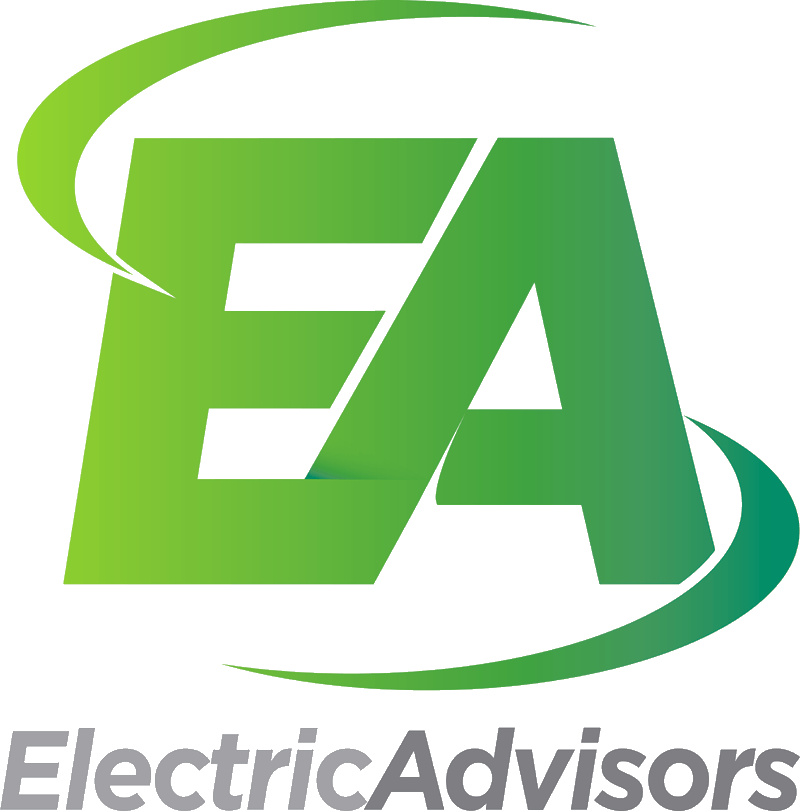IRS Alerts Taxpayers About Clean Energy Tax Credit Scam
The following article was originally published by Small Business Trends on July 15th, 2024.
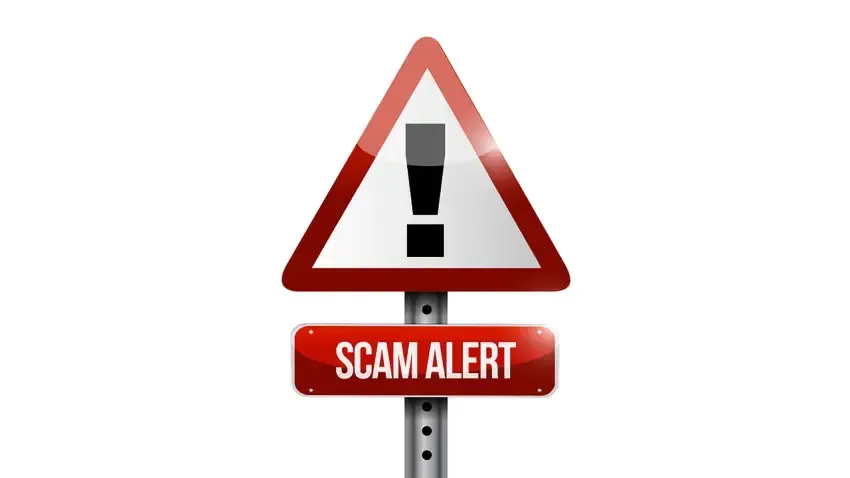
The IRS has issued a warning to taxpayers about a new scam involving clean energy tax credits. This scheme involves unethical tax return preparers who misrepresent the rules for claiming these credits under the Inflation Reduction Act (IRA).
The IRA’s transferability provisions allow the purchase of eligible federal income tax credits from investments in clean energy to offset a buyer’s tax liability. However, the IRS has noticed a trend where tax return preparers file returns claiming these credits improperly. As a result, taxpayers are unable to benefit from the purchased clean energy credits.
This tax credit scam mainly targets individuals who file Form 1040. The returns filed by these preparers improperly claim IRA credits to offset income tax from sources such as wages, Social Security, and retirement account withdrawals.
Under the IRA, individuals purchasing tax credits are subject to passive activity rules. Generally, this means they can only use purchased credits to offset income tax from passive activities. Most taxpayers do not have passive income or a passive income tax liability, making them ineligible for these credits.
“This is another example where scammers are trying to use the complexity of the tax law to entice people into claiming credits they’re not entitled to,” said IRS Commissioner Danny Werfel. “Taxpayers should be wary of promoters pushing dubious credits like this and others. The IRS is watching out for this scam, and we urge people to use a reputable tax professional before claiming complex credits like clean energy.”
The IRS warns that taxpayers who claim inappropriate credits risk future compliance action. They are responsible for repaying the inflated credit, plus interest and possible penalties.
The IRS advises individual taxpayers considering purchasing clean energy credits under the IRA to consult a trusted tax professional. They should determine their eligibility to purchase credits and claim the tax benefits. Understanding how the passive activity rules and other portions of the tax code apply to their situation is crucial.
Additional information about clean energy can be found on the Inflation Reduction Act of 2022 page on IRS.gov.
The IRS continues to warn taxpayers about other scams misleading them into filing inappropriate claims for other tax credits. Recently, the IRS warned about scams involving the Fuel Tax Credit, the Sick and Family Leave Credit, and household employment taxes. Misleading social media advice and promoters have led to thousands of dubious claims, causing refunds to be delayed and taxpayers needing to provide legitimate documentation to support these claims.
The IRS remains committed to investigating paid tax return preparers who act improperly. To report an abusive tax scheme or a tax return preparer, individuals should use the online Form 14242, Report Suspected Abusive Tax Promotions or Preparers. They can also mail or fax a completed Form 14242 PDF and any supporting material to the IRS Lead Development Center in the Office of Promoter Investigations.
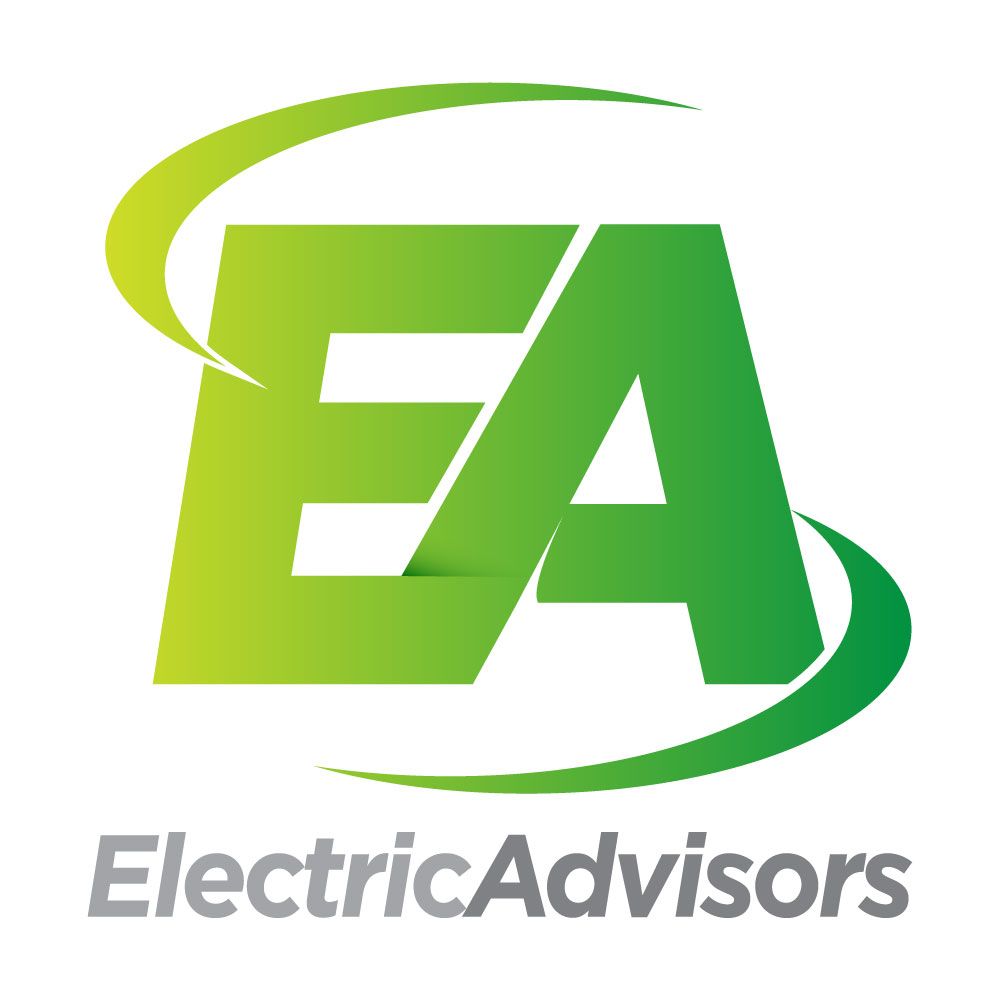
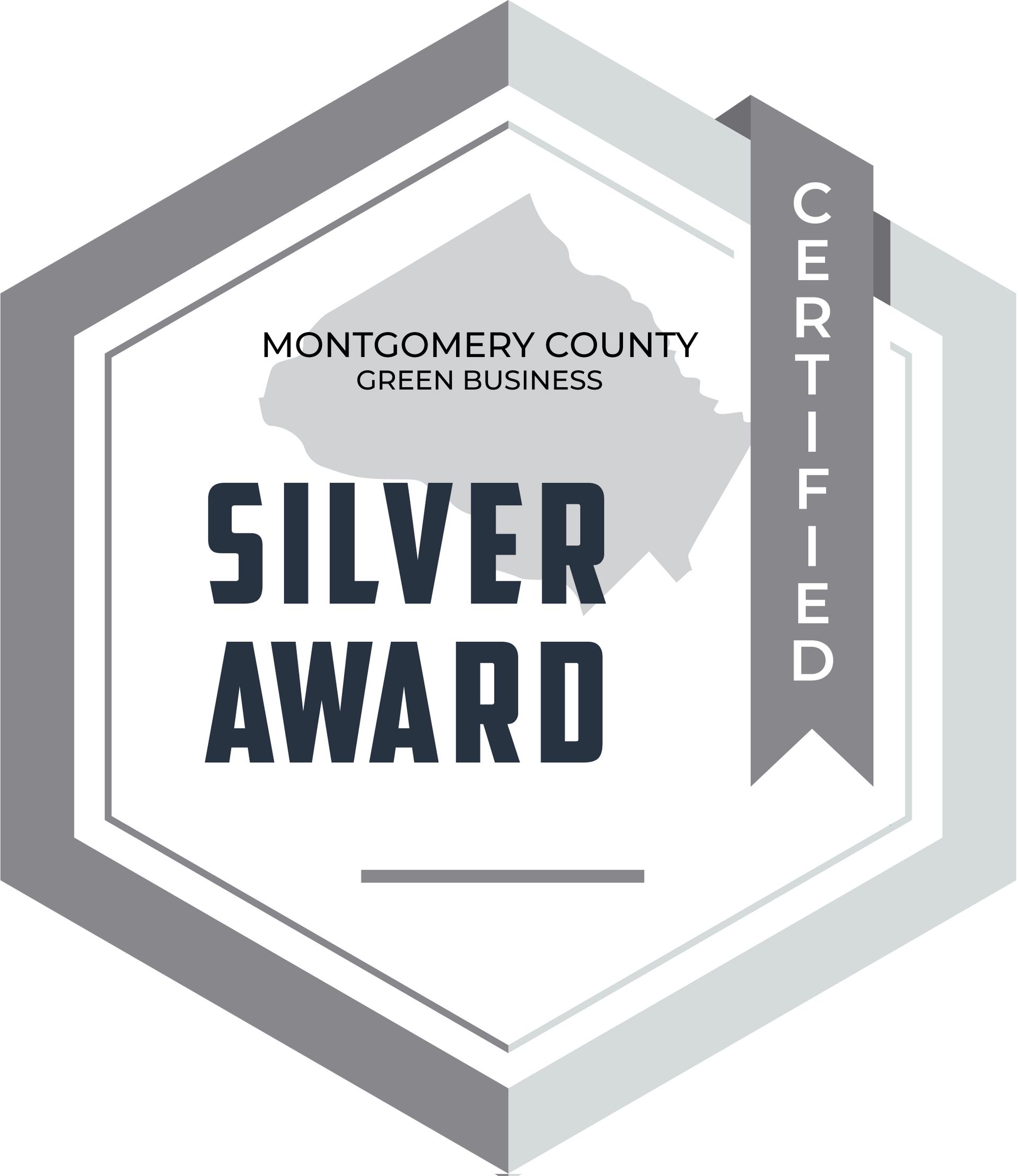
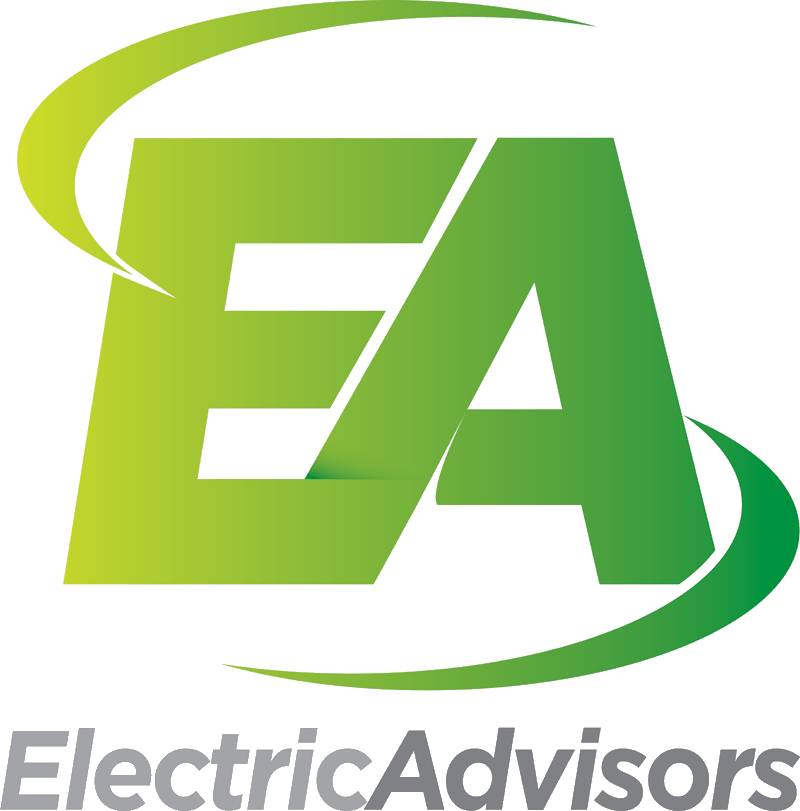
All Rights Reserved
Stay Connected
We will get back to you as soon as possible.
Please try again later.
